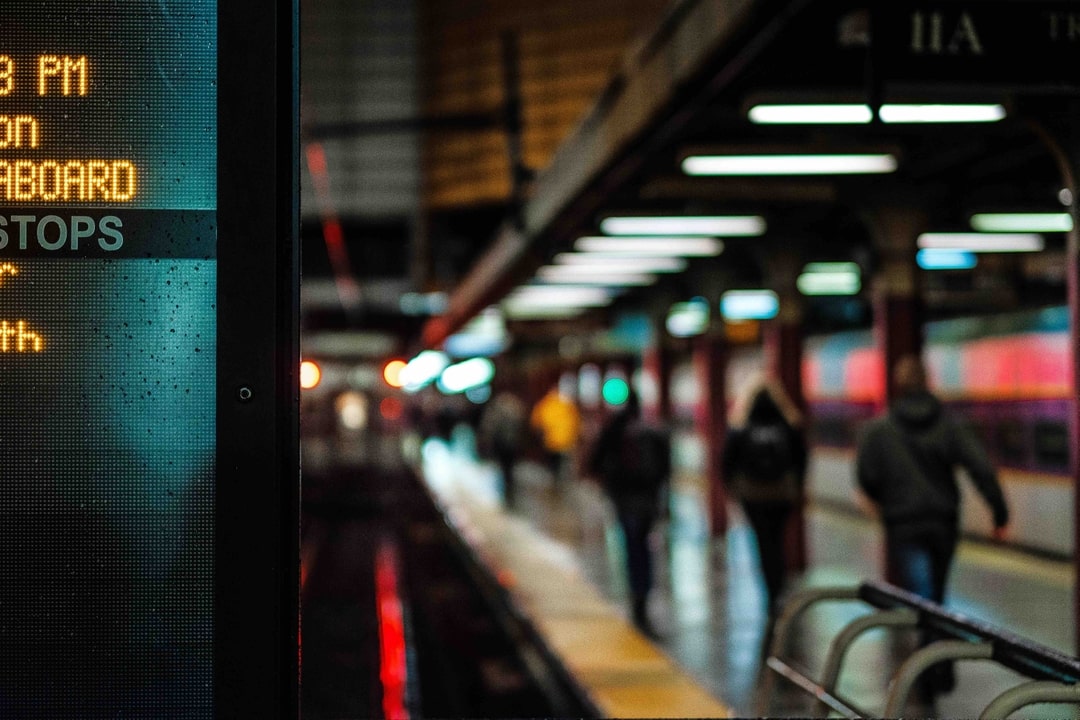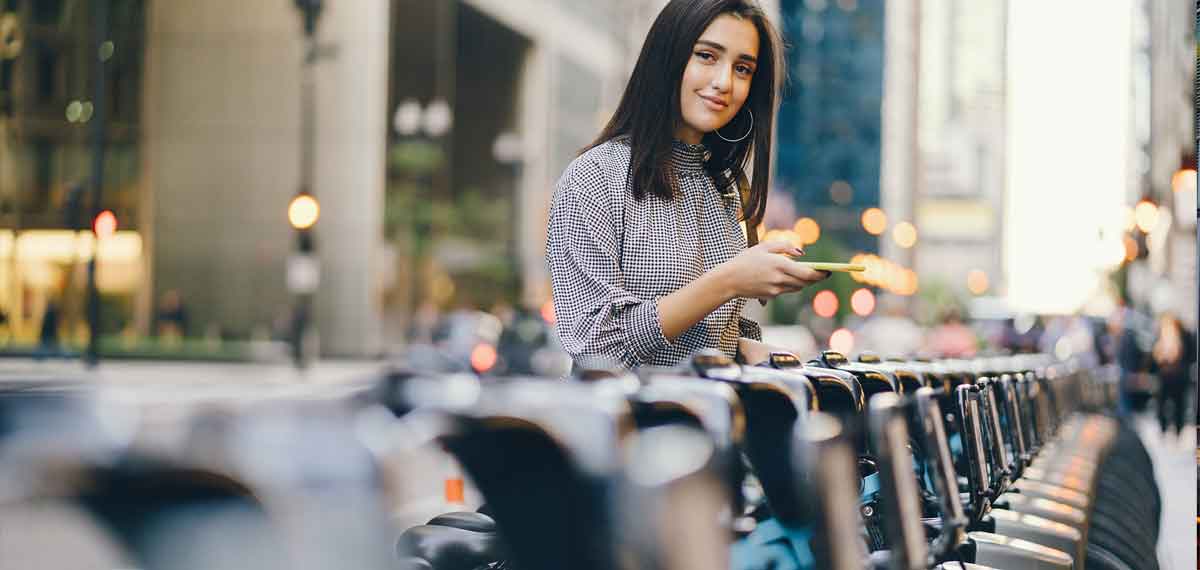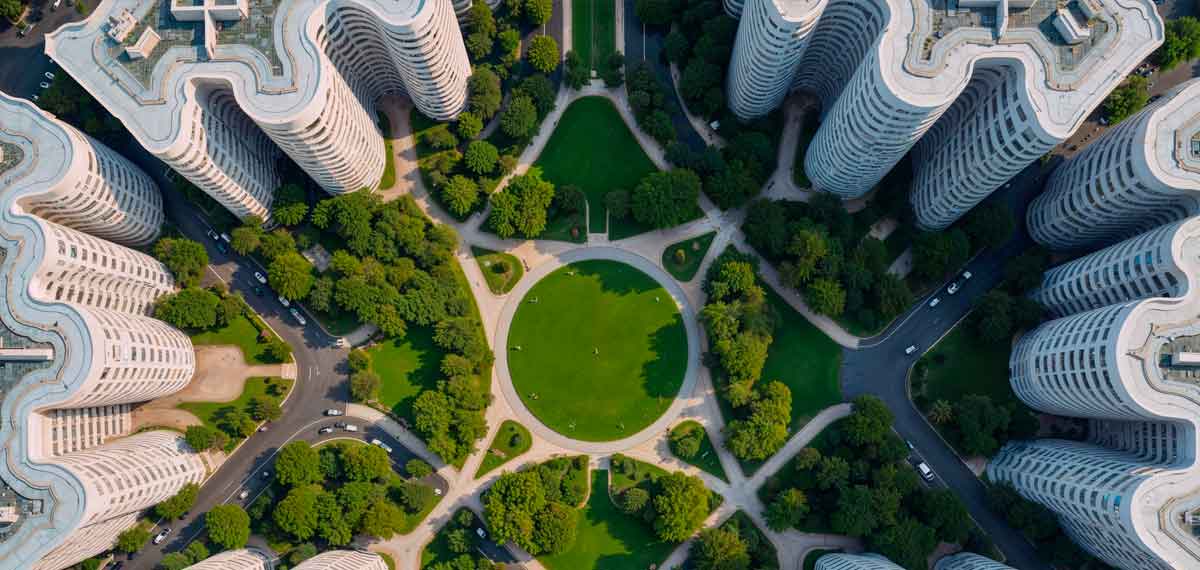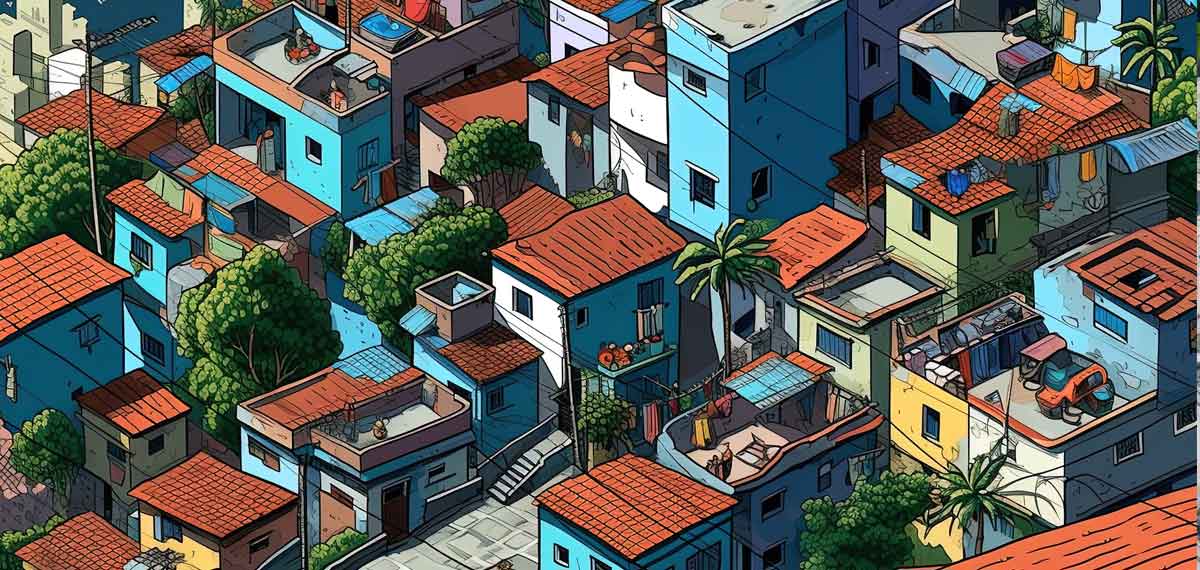CityAge caught up with Black and Veatch’s Clinton Robinson ahead of his presentation at CityAge: Bringing Back The French Quarter on June 25.
CityAge: Have you seen anything like COVID19 in your career?
Clint Robinson: I’ve been at Black and Veatch for 36 years. I have not. I’ve seen some service interruptions, of course, because since we are in the critical human infrastructure area, we supported after Hurricane Mitch, we supported after Hurricane Katrina. The difference with COVID is that it is a global pandemic. It is everywhere and it is continuous. It doesn’t have a clear end.
CA: How is that changing the way you look at what you do, in terms of emergency response?
CR: Well, because we’re an infrastructure provider of services, there’s clearly a need for services to support states, cities, businesses, arenas, entertainment venues. With physical assets, with applications, with information. So that not only the people that are holding the venue, the event, the business, trying to run the city, that they have a structure to better understand what’s going on around them so they can react and respond more efficiently. It also creates a certain amount of benefit and confidence in the user, the person that’s coming to the event, they want to see that certain precautions are being taken, in order to make them feel safe and secure, that they can reenter the community like they used to.
CA: What are the elements of the new normal? What’s going to change?
CR: I don’t think I really understood for a long time when I traveled, I saw so many people that had masks on, they traveled on airplanes with masks. They went to stores with masks. Principally, I saw this in large metropolitan cities, but I always thought it was a bit odd. I think the best way to protect the community as a whole, from something like this, is your own personal response to this. It’s your ability to protect other people from you. If everybody took a more proactive approach towards, “I know about me and I am protecting me from hurting you,” I think that particular approach, integrated with other pieces, would make a lot of people feel more comfortable.
CA: What, aside from wearing masks, can be done?
CR: We can help by building a rapid modular health system. It can be a construction trailer. It can be a Conex box. It could be a mobile, like a blood mobile trailer, but in any case, it would be separate from a hospital. Our initial focus in providing these trailers was to hospitals because we heard that the ICU would fill up with people and they would need a space for them to go and provide medical care. We set up a triage opportunity, so that doctors and nurses could pre-screen and test people before they came into the hospital, to see if it warranted their care. So in those places where hospitals were overrun with people, this helped protect the people inside the hospital from being exposed unnecessarily.
We then graduated to a broader sense of not just a hospital and testing, but businesses. How are businesses going to go back to work? If you’re in a large commercial business, or if you’re a meat packing industry, or if you’re an auto industry, how do you let so many people come back to work, without some conscious effort to collect data on where they are, with regard to COVID.
CA: Is this a new kind of resiliency we’re building?
CR: As far as resiliency, we are thinking broadly beyond COVID, we’re thinking of other applications, other pandemics, other diseases that may come forward, so that we can respond faster the next time this comes around and we won’t be caught off guard. This is a pretty significant pivot for a company like ours, because as I’ve already said, we do water and energy, telecommunication, safety and security.
CA: In your estimation, are modular health systems like this going to be a permanent part of our infrastructure?
CR: I think so, yes. If you think about it, we go through a cold and flu season every year, and we just accept that, right? There’s downtime at work. There’s people that get sick. We’ve heard many people talk about the number of people that have died from influenza. I think during those periods of time, if we were to ask our employees to conduct the same precautions as we’re doing for COVID now, if we were to do it then, for that purpose, we’d have a lot more healthy employees.
CA: What does it cost to set up a rapid modular health system?
CR: The rapid modular health system can be a single walk-in trailer where you come in and the test is conducted, you go out the other side. Those are a few thousand bucks per month. That can be month to month contracts. You move them in and you move them out. You staff them with medical or testing facility people- just move it from place to place.
The second option is two trailers side by side, with a tent in between them. That would double the cost, but it would provide you the walk-in capacity and it would provide you a drive-through enclosure between the two units that allow drive-through, as well as walk-up.
CA: How would that work in the French Quarter, for example?
CR: Let’s say that in order to enter any of these French Quarter establishments, you need to have a wristband, just like you’re going to a party. They’ve either placed their face up near a computer that can read a thermal scan image and determine their temperature – you could use a handheld device that would rub on their forehead or stand a few feet back and get their temperature.
If their temperature was normal or subnormal, then they would receive one of these bands. What that means is that if you’re symptomatic of COVID, you’d have a temperature. If they do have a fever, whether it’s the flu or COVID or whatever it is, don’t come into the French Quarter, right?
Even without the pandemic, it might just be a safe practice that if you have a cold, don’t come down and share it with everybody in the French Quarter.
CA: Is this what they call the “new normal’?
CR: Sure. The new normal is how do we gather together in large crowds, regardless of what we might be asymptomatic or symptomatic for, and not share it with everybody? How do we build in that health safety net to protect people, in general?
And then what do we do if someone says, “I don’t want to have my temperature taken, that’s an infringement of my rights that the Constitution declares, I don’t want to have my temperature taken in order to walk on Bourbon Street.” I’m not sure that we have laws or policy in place that would require you to do that. We do, however, have to wear seatbelts when we get in a car to save your life.
There’s nothing like that on the books for COVID19 – yet.
[A veteran of building global city infrastructure, Black & Veatch’s Clinton Robinson says health testing of big crowds is a part of the new normal. You can meet him at the CityAge / CityBusiness virtual event Bringing Back the French Quarter on June 25th.]




